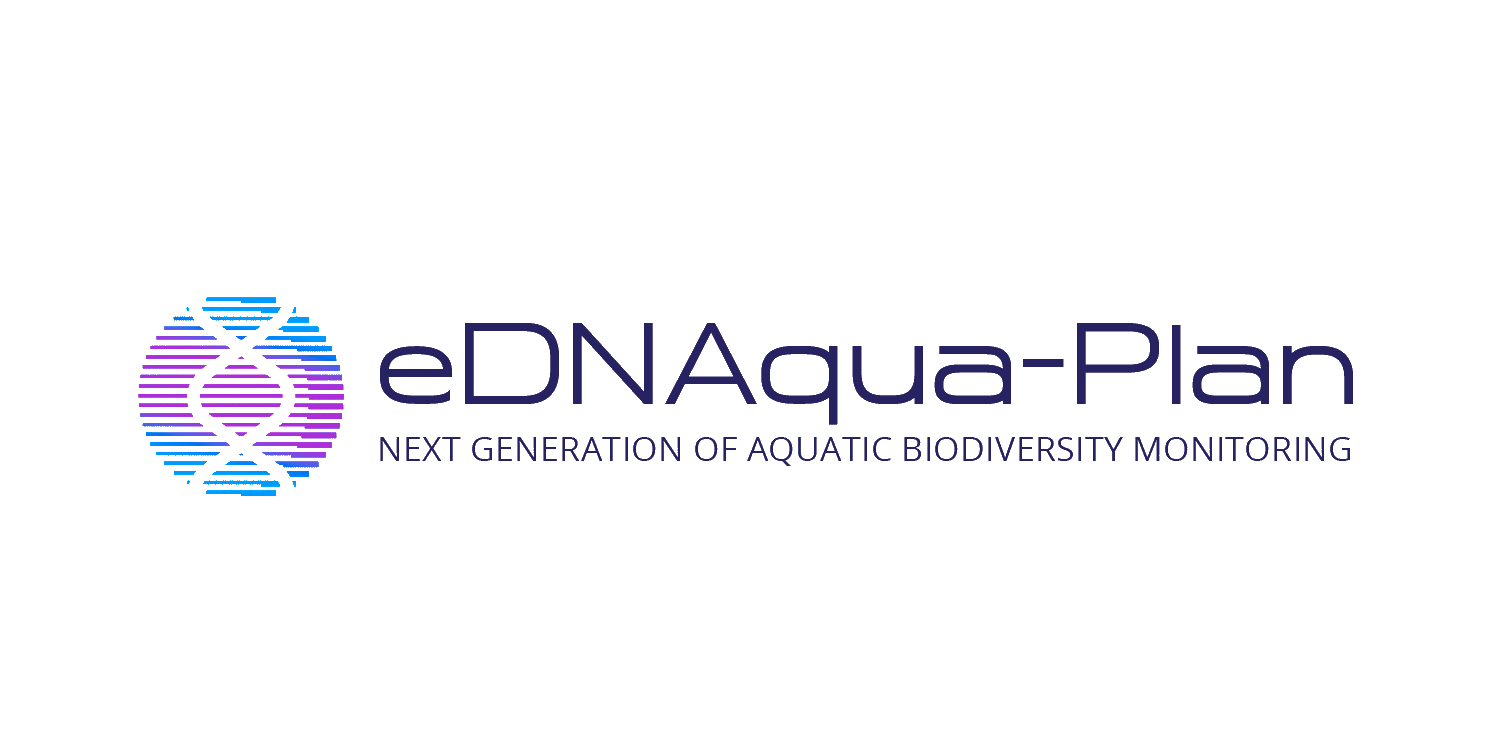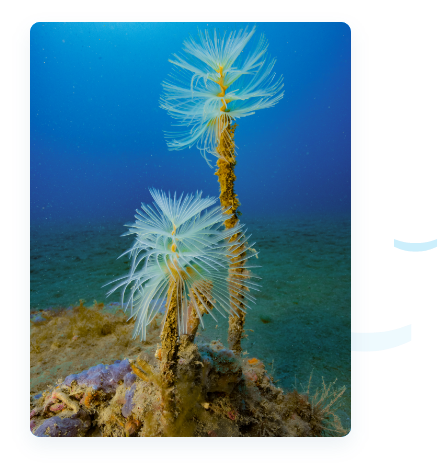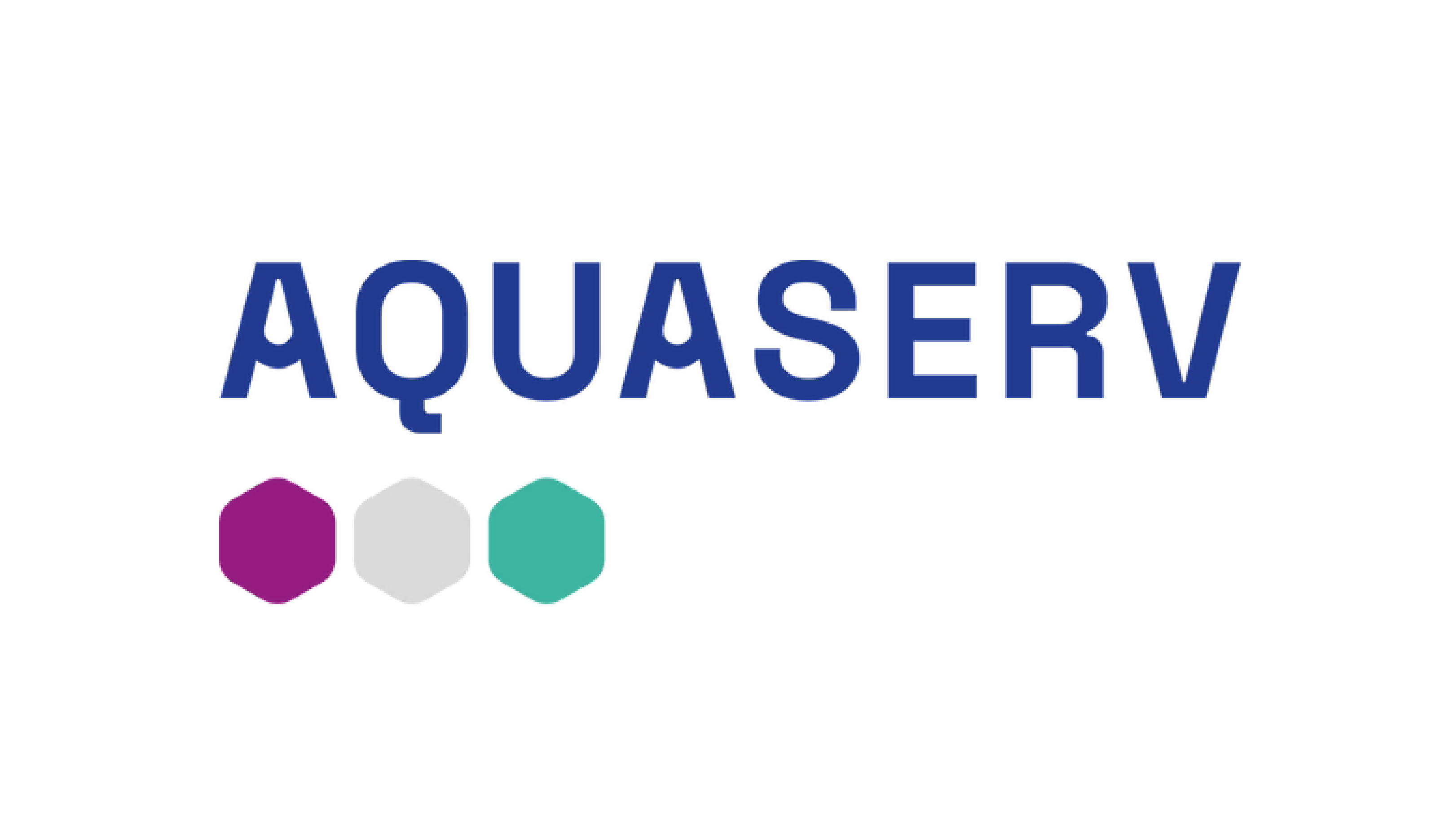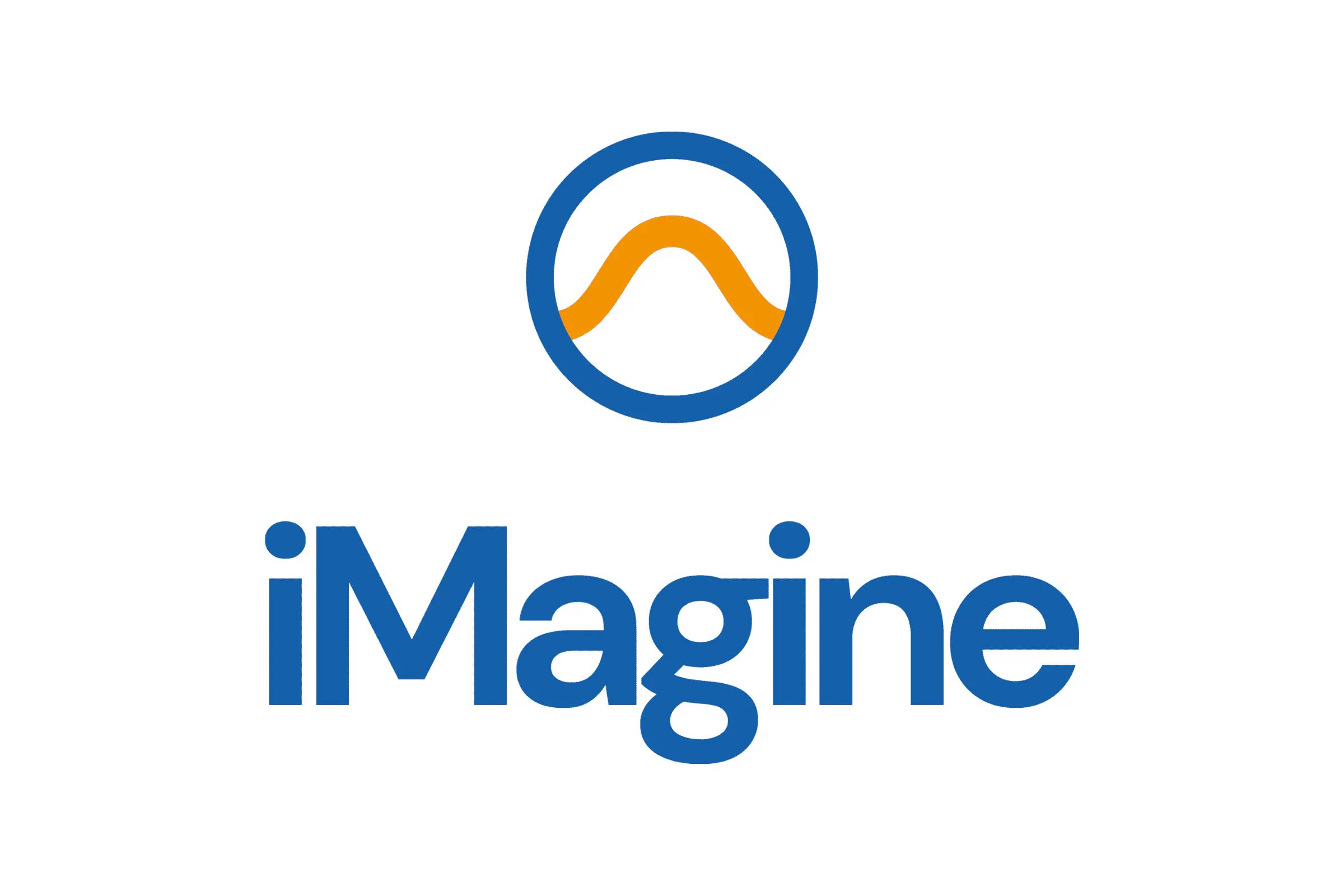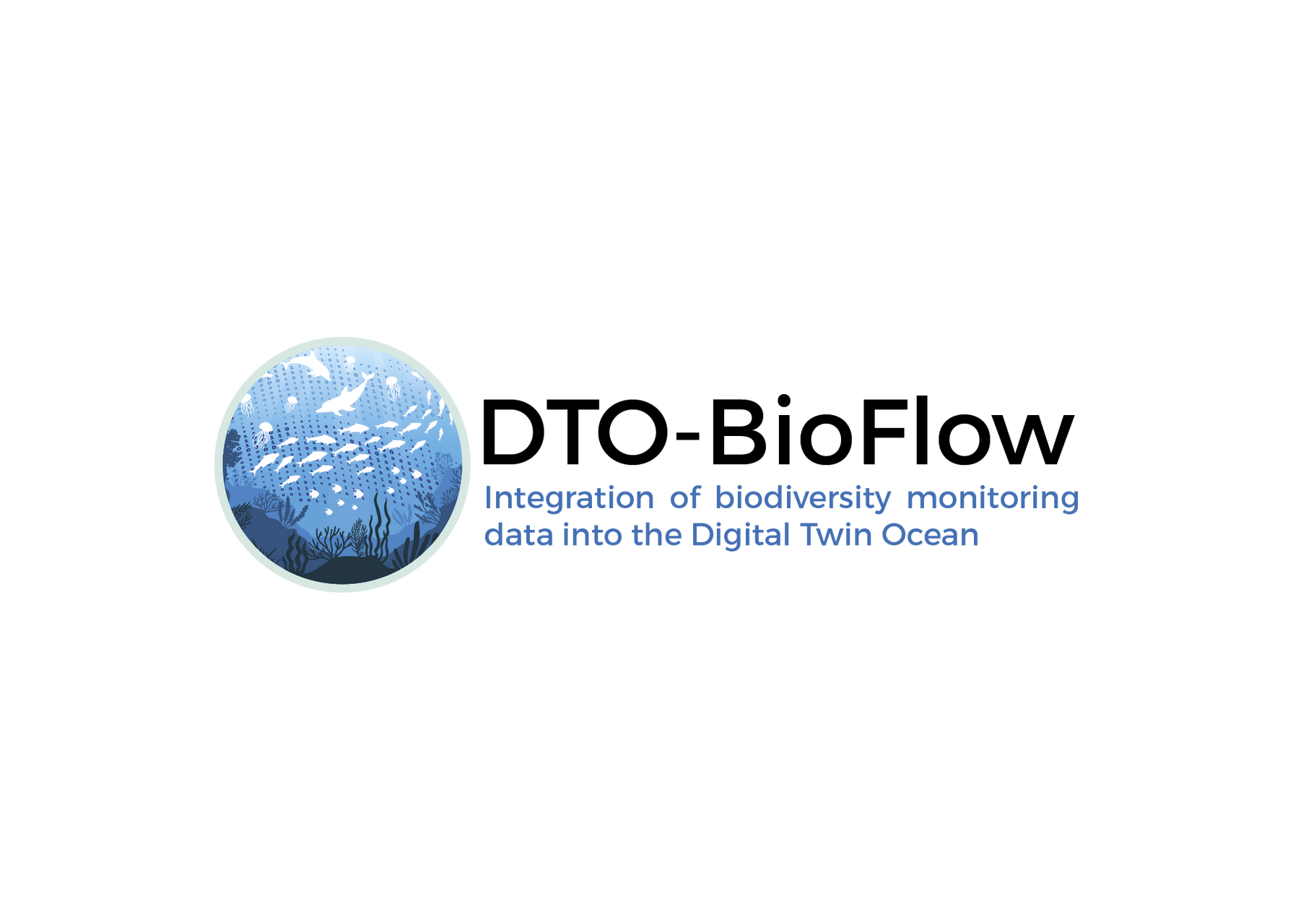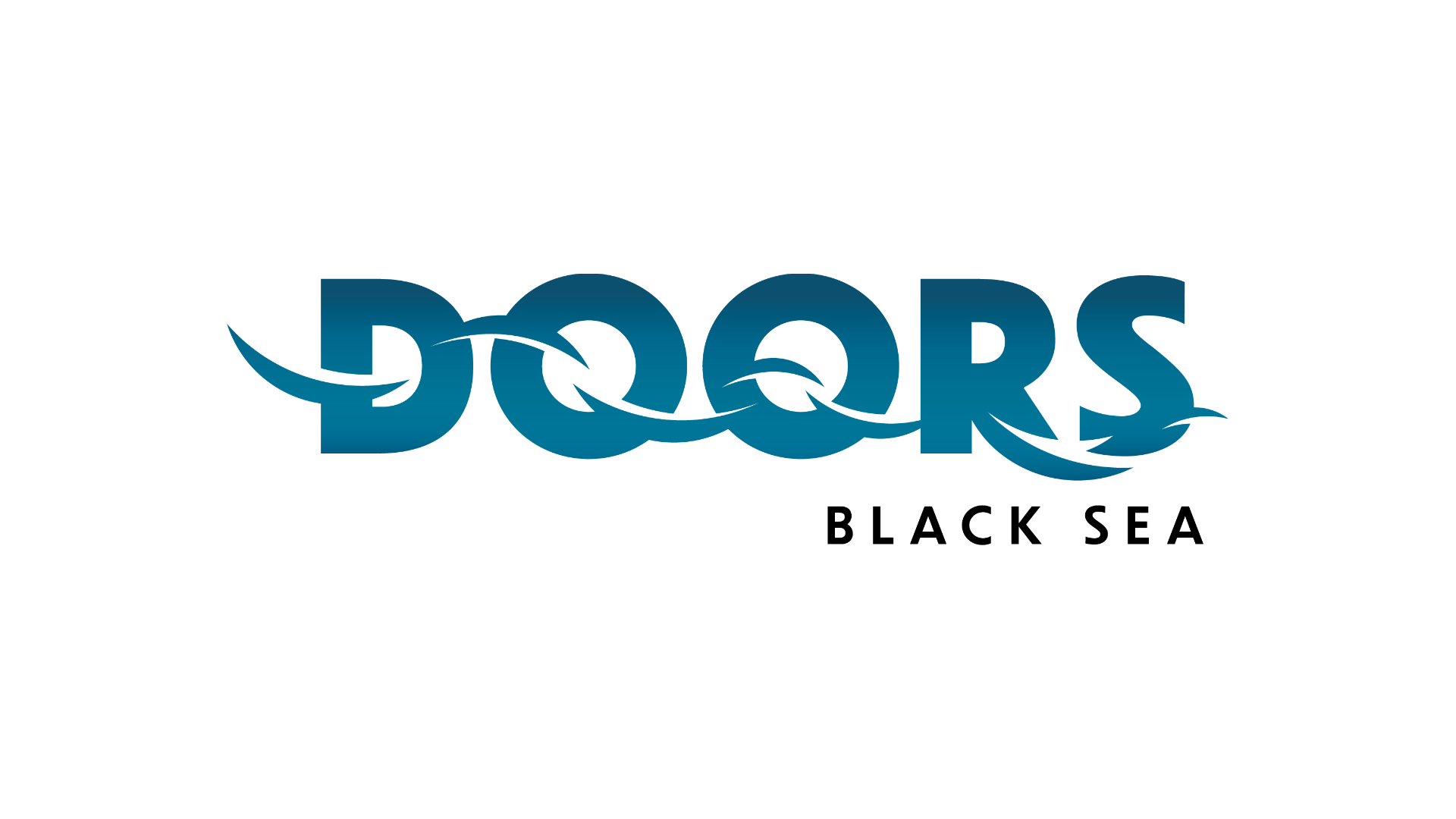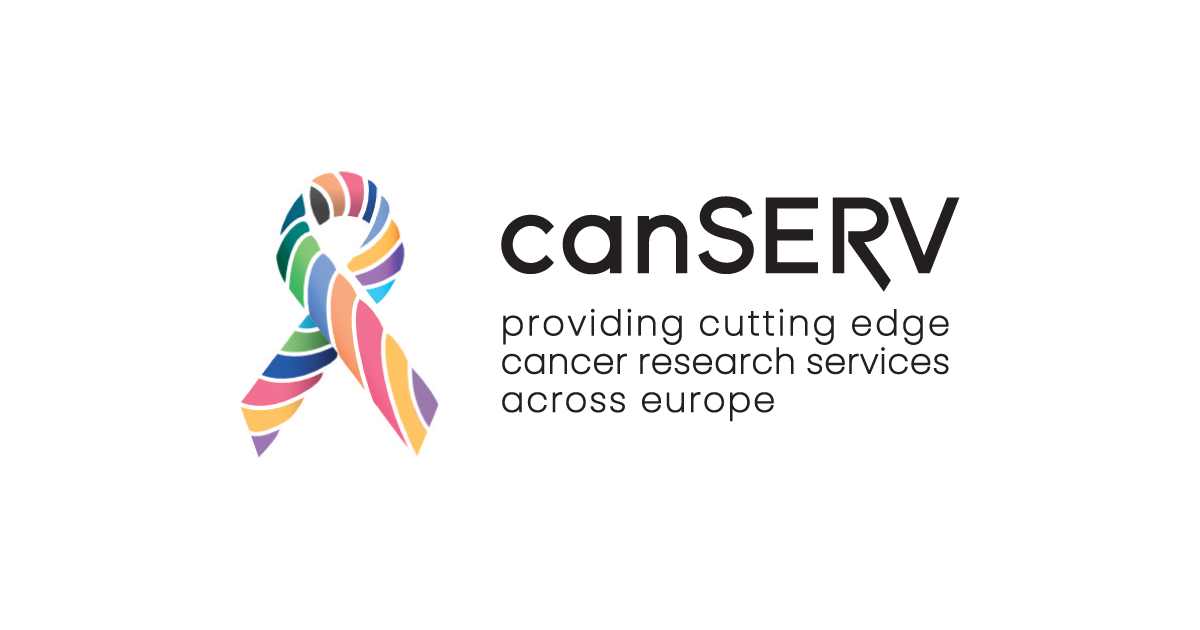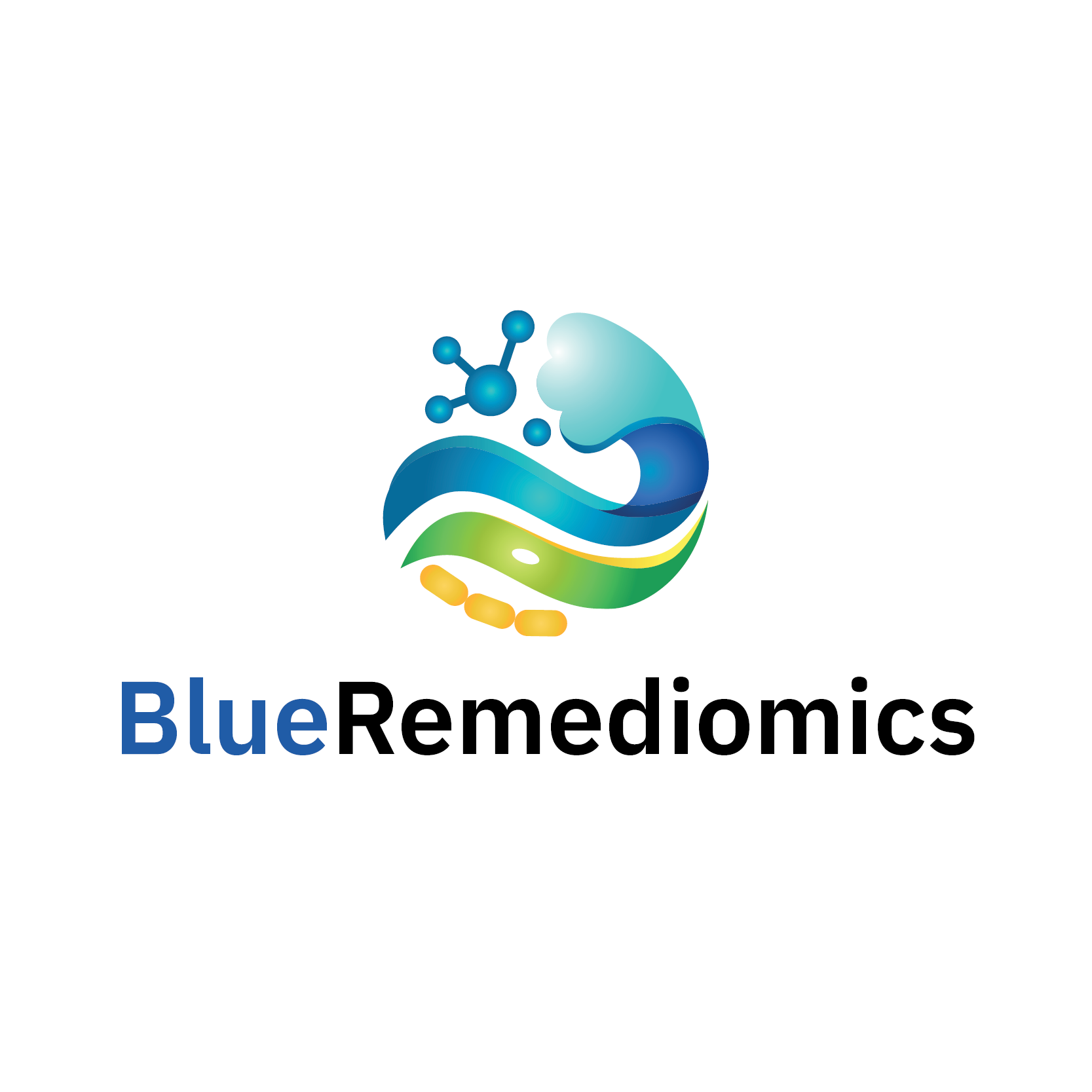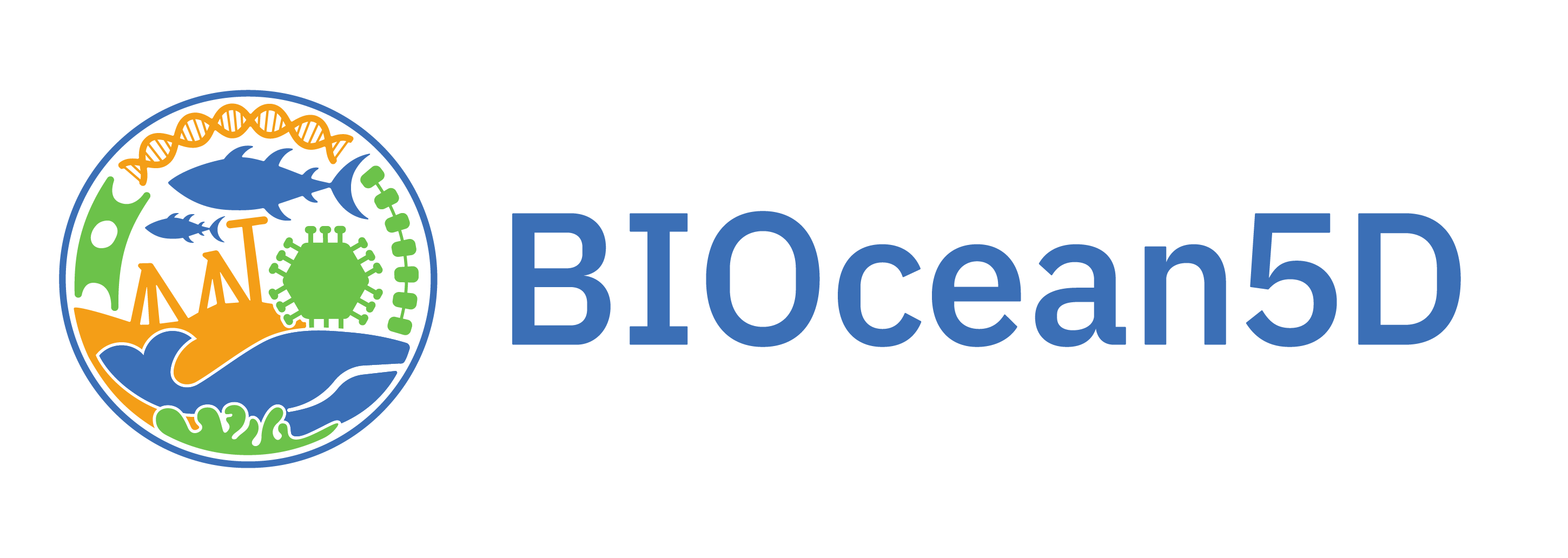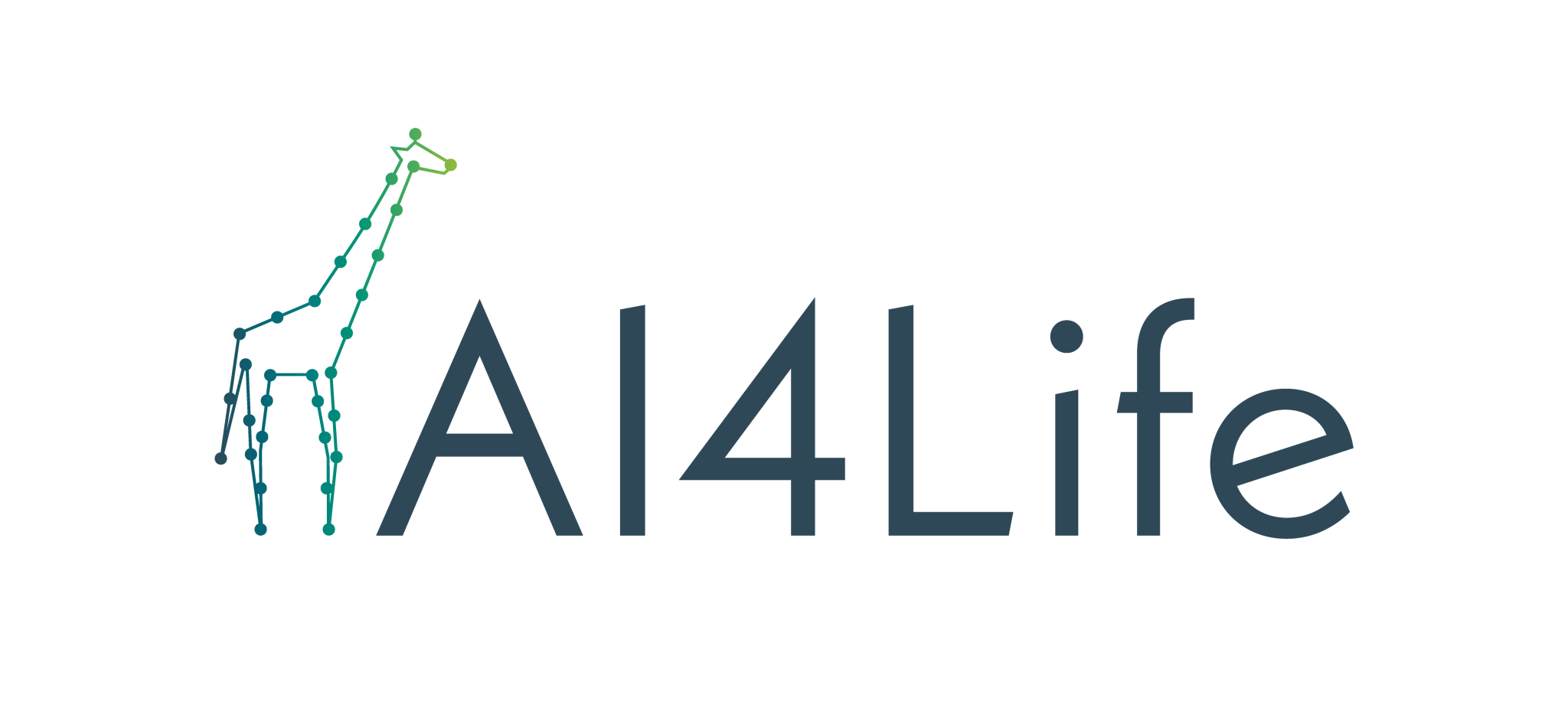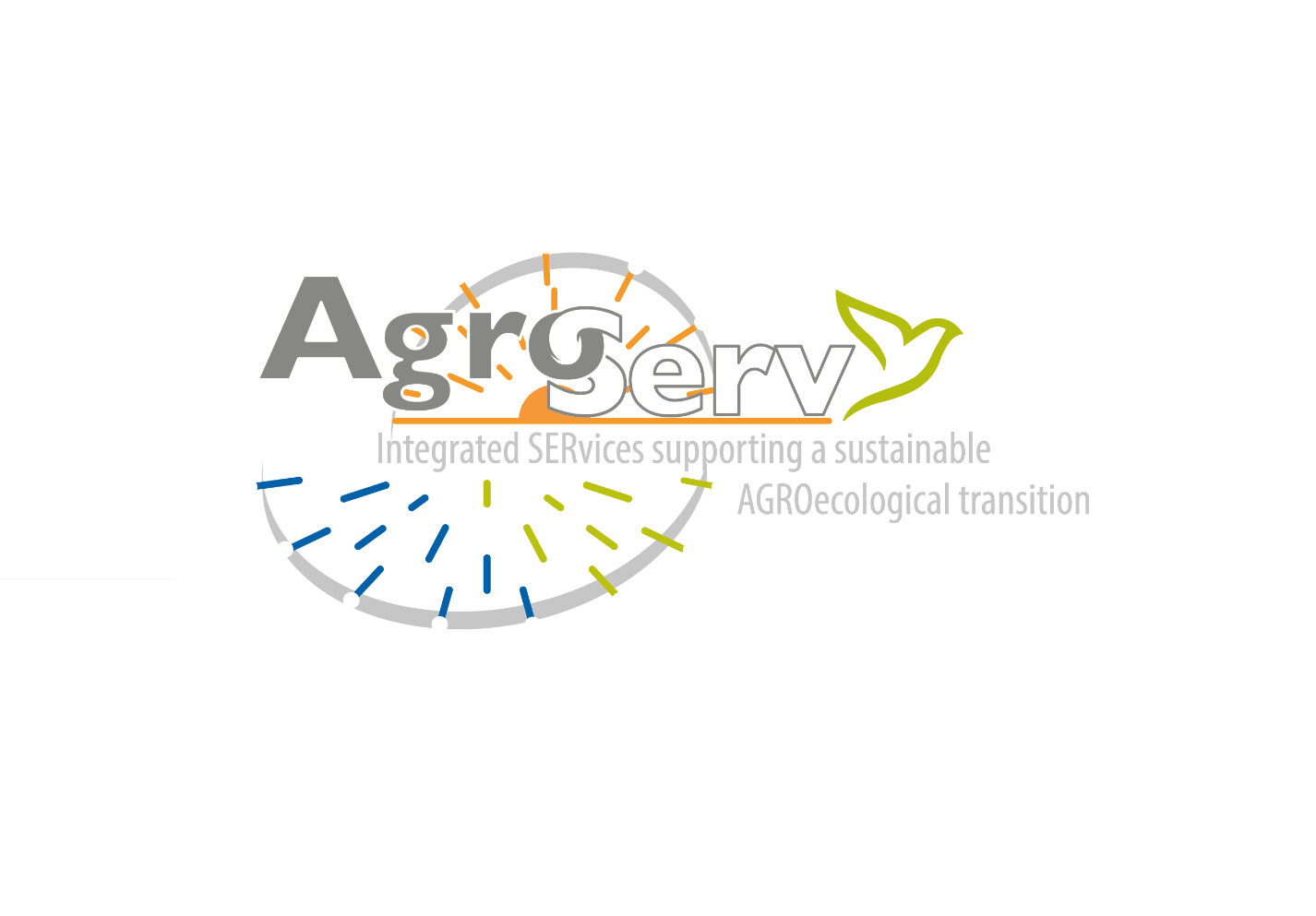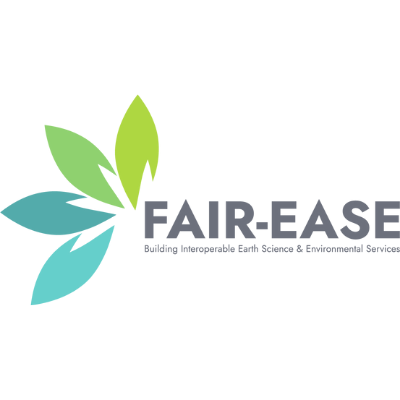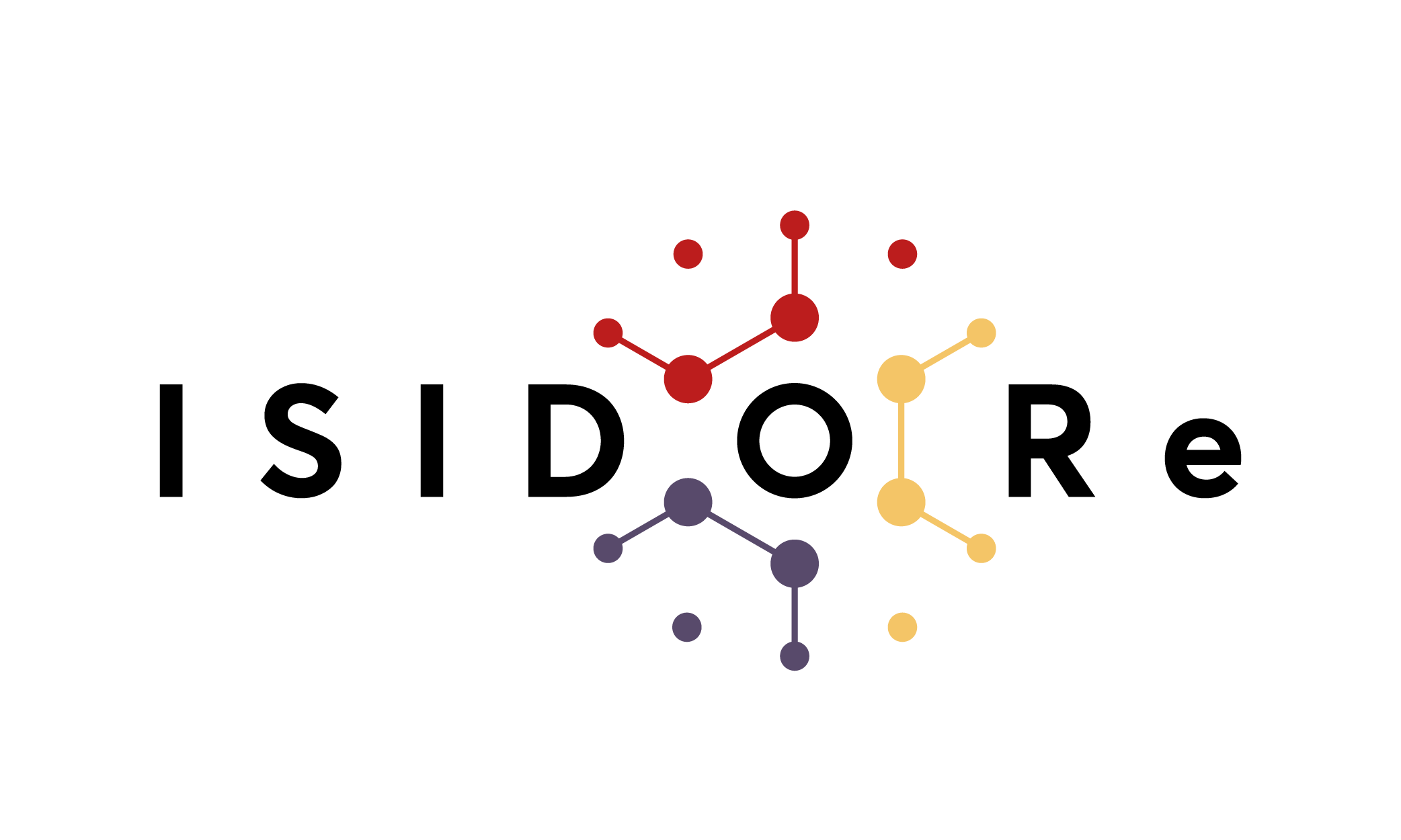eDNAqua-Plan seeks to gather information on aquatic monitoring projects, assessing standardization efforts, and evaluating the feasibility of creating a FAIR-based digital ecosystem for eDNA repositories and a dynamic species reference library to support future biodiversity monitoring initiatives in marine and freshwater ecosystems.
Project dates: 1 September 2023 to 31 August 2026
EMBRC role: project coordinator
Contact: secretariat@embrc.eu
Funding: 1 978 252,00 (Horizon Europe under grant agreement 101112800)
eDNAqua-Plan aims to collect information on existing projects, initiatives and infrastructures for aquatic monitoring in the European Union and associated countries while providing an overview of all national and international activities of standardization and interoperationalisation of methods and data workflows. The project seeks to assess the relevance and feasibility of the creation of a digital ecosystem of eDNA repositories and an integrated and dynamic reference library of marine and freshwater species that is open-access and based on FAIR principles to support future aquatic biodiversity monitoring programmes and mapping initiatives.
eDNAqua-Plan is composed of five Work Packages:
- Management, communication and stakeholder engagement
- Audit and gap analysis
- Data Standards, Data Linking and Compatibility
- Use cases: Testing the developed eDNA library infrastructure
- Blueprint, roadmap and sustainability
The interdisciplinary eDNAqua-Plan consortium comprises 18 partner institutions from 11 countries, and 1 international (UN) institute (IOC), with complementary expertise in marine and freshwater monitoring, eDNA analysis as well as data science. The consortium cooperates with the large EU research projects and infrastructure such as EMODnet, BIOSCAN-Europe, the Ocean and Water knowledge system, LifeWatch, and international systems (ELIXIR/EBI and OBIS) etc. to maximise synergies and interoperability internationally. Possible implementation will be demonstrated by use cases from national and transnational water monitoring programs. Based on this, one of the main results of eDNAqua-Plan is the delivery of a roadmap for harmonized aquatic monitoring using eDNA tools in Europe and beyond.
Learn more on CORDIS (European Commission website)








